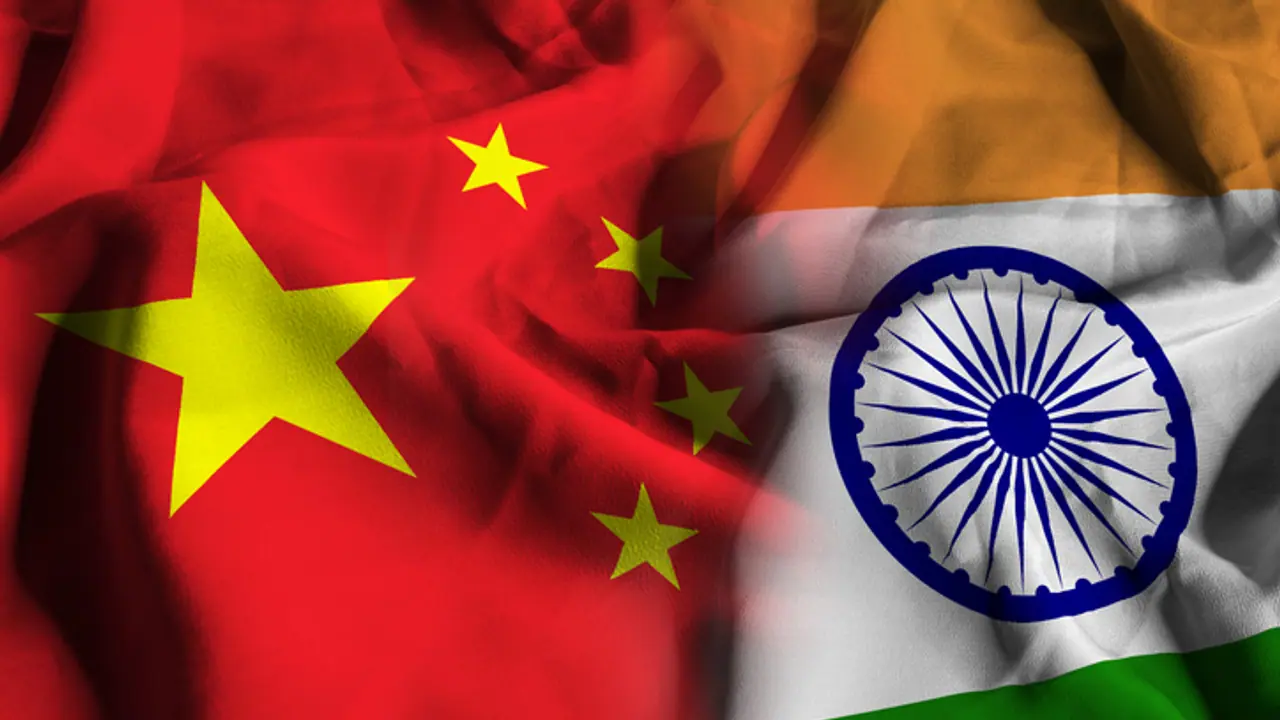Indian Army Chief General Upendra Dwivedi emphasized efforts to restore trust following an agreement with China on patrolling rights along the Line of Actual Control (LAC) in eastern Ladakh, with discussions planned on implementing the arrangement.
New Delhi: A day after the foreign ministry announced an agreement with China regarding patrolling rights along the Line of Actual Control (LAC) in eastern Ladakh, Indian Army Chief General Upendra Dwivedi on Tuesday stated, “We are working to restore trust.”

During a lecture on the Indian Army's transformation, General Dwivedi stated, “We want to go back to the status quo of April 2020. Thereafter we will be looking at disengagement, de-escalation and normal management of LAC. This has been our stand since April 2020."
Also read: India and China reach agreement on border patrolling along LAC, announces Govt (WATCH)
“As of now, we are trying to restore the trust. That will happen once we are able to see each other and we are able to convince and reassure each other that we are not creeping into buffer zones that have been created,” he added.
General Dwivedi’s remarks come on the heels of China confirming the agreement to end the standoff. Chinese Foreign Ministry spokesperson Lin Jian acknowledged that the two nations have maintained close communication through diplomatic and military channels regarding border-related issues.
“China and India have maintained close communication through diplomatic and military channels regarding border-related issues. Currently, the two sides have reached a solution on the relevant matters, which China views positively," Jian said.
“In the next phase, China will work with India to effectively implement the solution plan," he added.
The recent breakthrough is viewed as a significant step toward restoring normalcy along the Line of Actual Control (LAC) in eastern Ladakh. Sources indicate that an agreement has been reached regarding patrolling rights in the Depsang and Demchok areas, with further discussions planned to outline the modalities of its implementation.
Previously, troops from both nations had disengaged from key locations, including the Finger Areas, Galwan’s PP14, Gogra’s PP17, and Hot Spring’s PP15. However, it is important to note that China had been reluctant to engage in discussions about the Depsang and Demchok issues, referring to them as legacy matters from before the April-May 2020 standoff.
Also read: EAM S Jaishankar confirms India-China disengagement process complete, details coming soon
Since the onset of tensions in 2020, India has consistently advocated for negotiations concerning these friction points, which China has argued are not pertinent to the current border situation.
Looking ahead, Indian Prime Minister Narendra Modi and Chinese President Xi Jinping are expected to meet in Russia on the sidelines of the BRICS Summit today, potentially paving the way for further dialogue and cooperation between the two nations.
